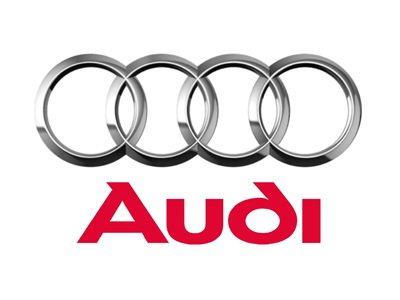Get Free Quotes 866-651-2992
Remanufactured & Used Engines

Are you an audi Q5 owner experiencing engine issues? It's important to be aware of the potential problems that can arise with your vehicle's engine to ensure timely repairs and prevent further damage. In this article, we will discuss some of the most common audi Q5 engine problems, their causes, and possible solutions. By understanding these issues, you can take proactive measures to maintain the performance and longevity of your audi Q5.
One of the most prevalent engine problems in audi Q5 models is oil leaks. These leaks can occur due to various reasons, including damaged seals, gaskets, or faulty oil filters. If left unaddressed, oil leaks can lead to insufficient lubrication, increased engine wear, and potential engine failure.
To resolve this issue, it is essential to identify the source of the leak and replace any damaged components. Regularly checking your vehicle's oil levels and scheduling routine maintenance can prevent oil leaks and maintain optimal engine performance.
Carbon buildup is a common problem in direct-injection engines, including those found in the audi Q5. Over time, carbon deposits can accumulate on the intake valves, causing reduced airflow and decreased engine efficiency. Symptoms of carbon buildup include rough idling, decreased power, and increased fuel consumption.
To combat carbon buildup, periodic intake valve cleanings are recommended. Utilizing specialized cleaning solutions or seeking professional assistance can effectively remove the carbon deposits, restoring proper engine function. Additionally, using quality fuel and performing regular maintenance can help prevent future carbon buildup.
In some audi Q5 models, timing chain tensioner failure has been reported. This can result in timing chain slack, which may cause engine misfires, rough running, or even engine stalling. The primary cause of this problem is typically attributed to a faulty tensioner design or worn-out components.
If you suspect timing chain tensioner failure, it is crucial to have it inspected and replaced promptly. Regular maintenance and adhering to the manufacturer's recommended service intervals can help identify potential issues before they escalate.
audi Q5 models may experience coolant pump failure, primarily due to a faulty pump design or electrical issues. When the coolant pump fails, the engine can overheat, leading to potential engine damage. Warning signs of coolant pump failure include coolant leaks, engine overheating, or unusual noise from the water pump area.
If you notice any of these symptoms, it is crucial to have your vehicle inspected by a qualified technician. Replacing the faulty coolant pump and performing regular coolant system maintenance can prevent engine overheating and associated problems.
Turbocharger failure is another common issue reported in audi Q5 models equipped with turbocharged engines. Symptoms may include a loss of power, excessive smoke from the exhaust, or unusual noises from the turbocharger area. Turbocharger failure can be caused by factors such as oil starvation, excessive wear, or manufacturing defects.
If you suspect turbocharger failure, it is recommended to seek professional assistance for diagnosis and repair. Regularly changing the engine oil and adhering to maintenance schedules can help prevent premature turbocharger failure.
In conclusion, being aware of the common engine problems in audi Q5 models can help you take proactive measures to prevent complications and maintain the performance of your vehicle. Regular maintenance, prompt repairs, and following the manufacturer's guidelines are essential for ensuring the longevity and reliability of your audi Q5's engine.